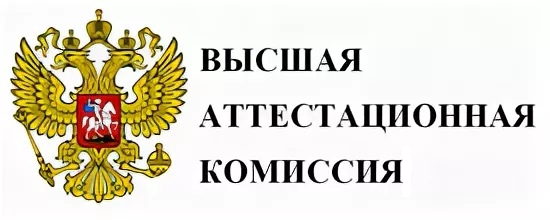- DOI 10.31509/2658-607x-2020-3-3-1-8
- УДК 630:35.977.535.3
Сonceptual bases of the organization of forest fire protection
S.N. Zharinov1*, E.I. Golubeva2, M.V. Zimin1,2
1ITC «SCANEX»
Berezhkovskaya emb., 20 bldg. 6, Moscow 121059, Russia
2Lomonosov Moscow State University
Leninskie Gory 1, Moscow 119991, Russia
*E-mail: snzharinov@mail.ru
Received 10.09.2020
Accepted 28.09.2020
The analysis of the Concept of the draft Federal Law “Forest Code of the Russian Federation” proposed for discussion has shown that it is necessary to consider in detail the problems of organizing forest fire protection. In our opinion, the provisions of clause 3.7.7. The concepts require discussion of two important aspects of this activity. The first aspect concerns the implementation of forest fire protection in the territories provided for forestry on the basis of a license agreement and an agreement on the trust management of protective forests to legal entities and individuals. The second is the definition of the basic principles and criteria, based on which, the forests will be classified according to the methods of monitoring fire hazard and the use of fire extinguishing forces and means. The need to discuss the issue of consolidating the function of forest protection from fires for state specialized organizations of the constituent entities of the Russian Federation and the federal body responsible for the general management of the forest protection system is revealed. The study showed that with the modern organization of fire detection and extinguishing, the approach to zoning and methodological support for making a decision on the advisability of carrying out fire extinguishing work in hard-to-reach forests requires a more thorough justification. At the same time, the development of a methodology should proceed from the zoning goal to reduce damage from fires. When calculating, it is important to take into account not only economic losses, but also negative consequences in the social sphere and in the environmental situation.
Key words: Forest code, forest fire protection, public administration, forest fire zoning
REFERENCES
Blokov I.P., Okruzhayushchaya sreda i eyo ohrana v Rossii. Izmeneniya za 25 let. (Environment and its protection in Russia. Changes over 25 years), Moscow: OMNNO “Sovet Grinpis”, 2018, 422 p.
Edinaya mezhvedomstvennaya informacionno-statisticheskaya sistema (EMISS), available at: https://www.fedstat.ru
Ezhegodnyj doklad o sostoyanii i ispol’zovanii lesov Rossijskoj Federacii za 2011 god, available at: http://oldsite.zapoved.ru/regulatory/detail.php?ID=130281
Gagarin Yu.N., Koncepciya proekta Federal’nogo zakona «Lesnoj kodeks Rossijskoj Federacii» (The concept of the draft federal law “Forest code of the Russian Federation”), Voprosy lesnoj nauki, 2020, Vol. 3, No 3, pp. 1-45.
Golovin V.I., Puti povysheniya effektivnosti aviacionnoj ohrany lesov ot pozharov (Ways to improve the efficiency of aviation forest fire protection), Sovremennye voprosy ohrany lesov ot pozharov i bor’by s nimi, Moscow: “Lesnaya promyshlennost’”, 1965, pp. 226-271.
Kurbatskij N.P., Pozharnaya opasnost’ v lesu i ee izmerenie po mestnym shkalam (Fire hazard in the forest and its measurement on local scales) Lesnye pozhary i bor’ba s nimi, Moscow: AN SSSR, 1963, pp. 5-30.
Lesopozharnoe zonirovanie zemel’ lesnogo fonda: utverzhdeno prikazom Federal’nogo agentstva lesnogo hozyajstva ot 05.08.2020, available at: https://aviales.ru/default.aspx?textpage=196.
L’vov P.N., Orlov A.I., Profilaktika lesnyh pozharov (Prevention of forest fires), Moscow: Lesnaya promyshlennost’, 1984, 116 p.
Rossiiskaya gazeta, 2014, August 15.
Zharinov S.N., Golubeva E.I., Ekonomicheskaya ocenka posledstvij lesnyh pozharov (na primere Tverskoj oblasti) (Economic evaluation of forest fires effects (case study of the Tver region), Vestnik Moskovskogo universiteta, 2017, Vol. 5, Geografiya, No 3, pp. 61-69.
Zharinov S.N., Golubeva E.I., Vliyanie lesnyh pozharov na pokazateli smertnosti naseleniya Tverskoj oblasti (Influence of forest fire on indicators of mortality of the population (case study of the Tver region), Izvestiya RAN, 2018, Seriya geograficheskaya, No 4, pp. 96-103.





